#Zaha Hadid
Explore tagged Tumblr posts
Photo


Got the chance to visit the Zaha Hadid Architects Headquarters not too long ago! Super cool stuff.

ZAHA HADID, The Haydar Aliyev Center, Baku Azerbaijan 2007-2012. Photography by Helene Binet, Zaha Hadid Architects. / Wired
7K notes
·
View notes
Text

Cascading VII. Miami, 05-27-24.
#photographers on tumblr#black and white#architecture#urban geometry#street photography#abstract#zaha hadid
211 notes
·
View notes
Text
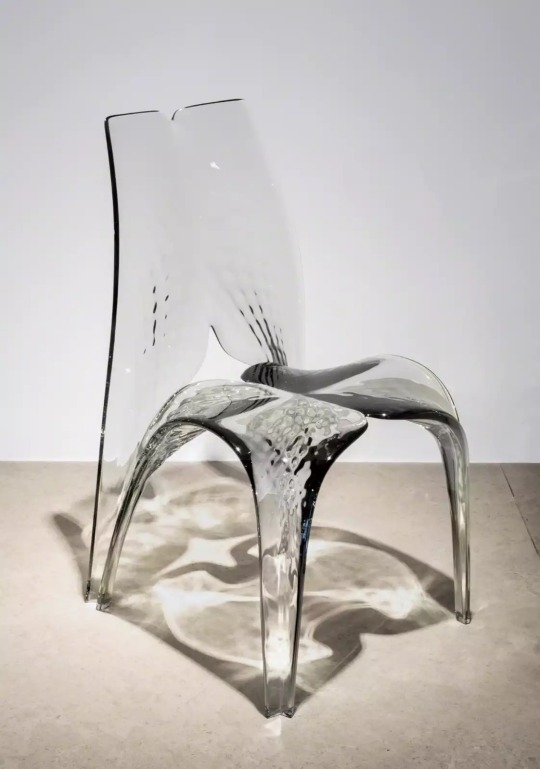
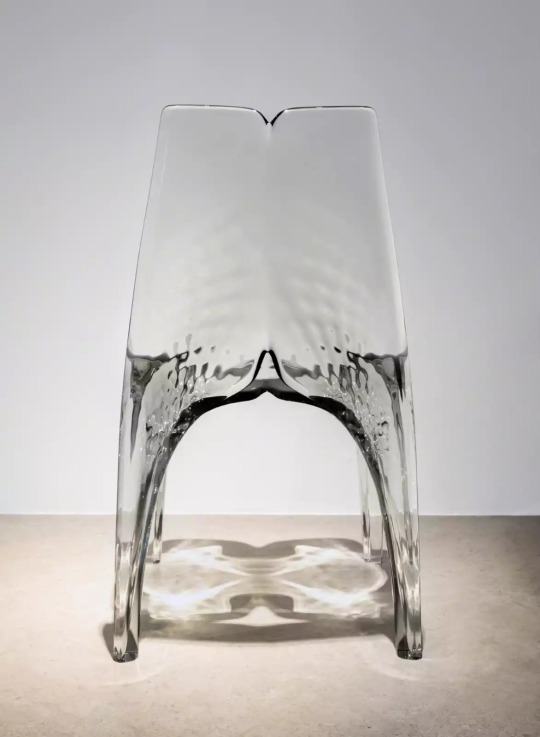
Zaha Hadid: Chair 'Liquid Glacial' Smoke (2015)
2K notes
·
View notes
Text

London Aquatics Centre, Stratford
#photography#london#city photography#urban photography#digital photography#lightroom#east london#Straford#E20#E15#black and white#b&w picture#monochrome#b&w photography#b&w aesthetic#b&w#ricohgriiix#ricoh#ricohgr3#ricohgriii#ricohgr#architecture#Zaha Hadid#cityscapes#buildings#places#architecture photography#contrast#shadows#favourites
100 notes
·
View notes
Text

Zaha Hadid Architects
Alisher Navoi International Scientific Research Centre, Uzbekistan
Render: Norviska
#zaha hadid architects#zaha hadid#architecture#architectural design#contemporary architecture#biomorphic architecture#dezeen#archdaily#architizer#organic architecture
105 notes
·
View notes
Text

stripes
#© victor s. brigola#brigola#stripes#square#architecture#germany#weil am rhein#vitra#zaha hadid#firehouse#concrete#fuji x100vi
47 notes
·
View notes
Text



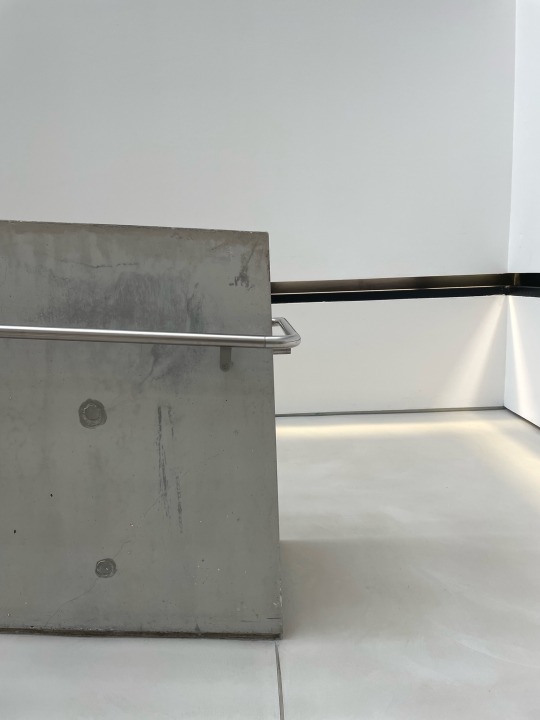
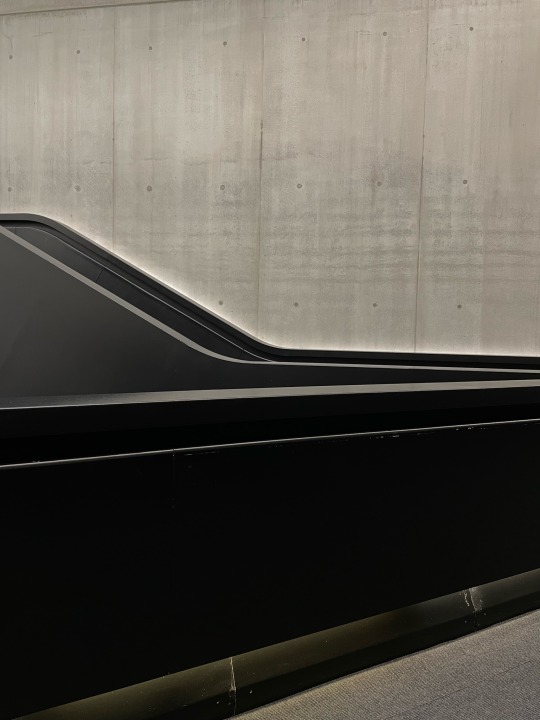
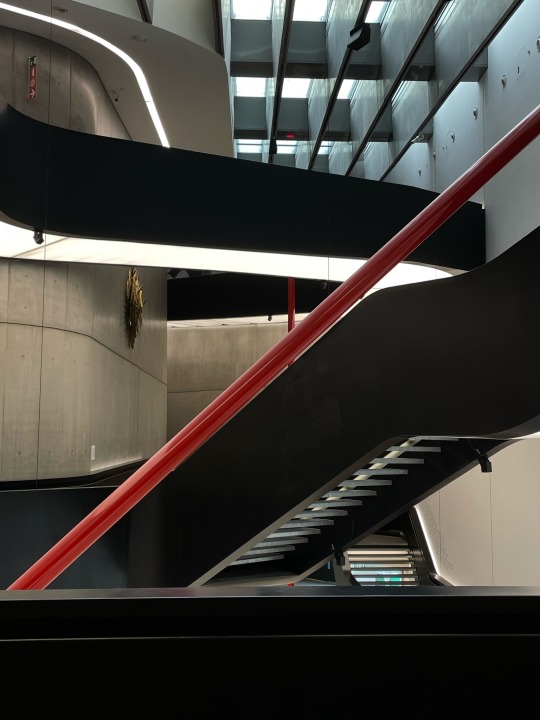
Museo MAXXI, Roma, Zaha Hadid
#art#abstractart#carol christian poell#ccp#artist#danielgianfranceschi#avantgarde#abstract#collaboration#paris#rome#zaha hadid#brutalism#minimalism#minimal#concrete#rationalism#arte contemporanea#contemporary art#abstract art#architecture#new architecture
458 notes
·
View notes
Text
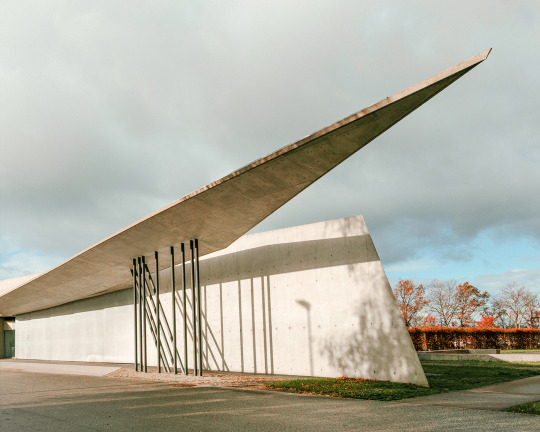
Vitra Feuerwehrhaus, Zaha Hadid. Photo: Matthias Heiderich
343 notes
·
View notes
Text



Masaryčka Building by Zaha Hadid - Prague 2024
#photographers on tumblr#artists on tumblr#original photographers#imiging#original photography#blackandwhite#prague#czech republic#modern architecture#architecture#zaha hadid#monochrome
43 notes
·
View notes
Text
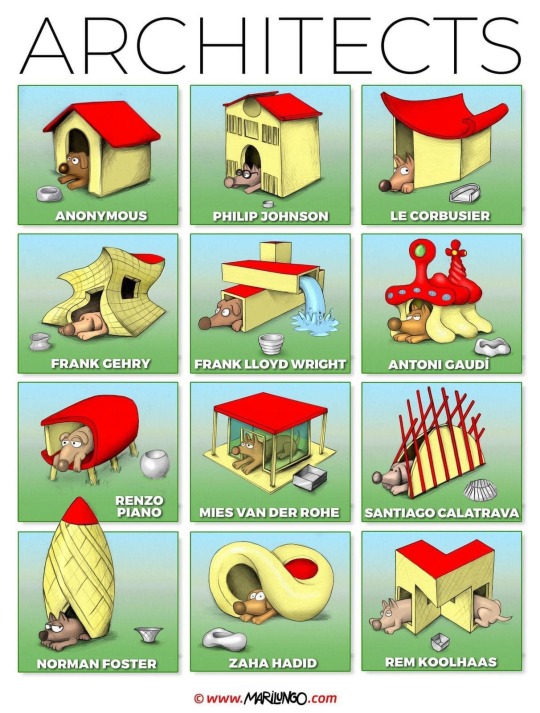
"Marco Marilungo Pictor" Art
#art#surreal#design#fun#funny#funnyshit#funny pictures#sculpture#architecture#doghouse#den#drawing#marco marilungo pictor#norman foster#zaha hadid#rem koolhaas#renzo piano#calatrava#mies van der rohe#frank gehry#le corbusier#antoni gaudi#frank lloyd wright
185 notes
·
View notes
Text

Cascading VIII. Miami, 05-27-24.
161 notes
·
View notes
Text
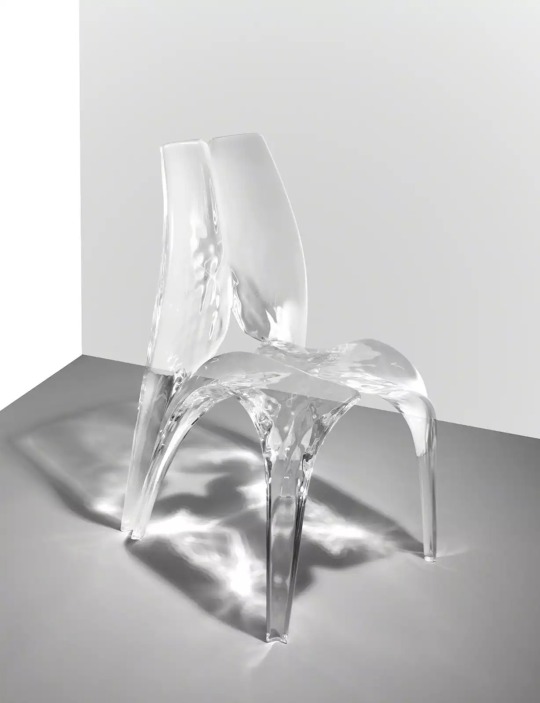
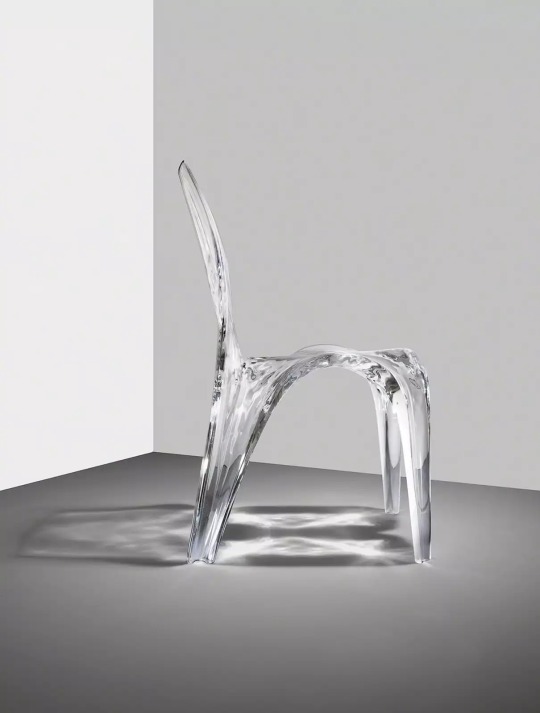


Zaha Hadid: Chair 'Liquid Glacial' (2015)
464 notes
·
View notes
Text

Zaha Hadid "Leeza Soho Tower" photographed by Satoshi Ohashi
111 notes
·
View notes
Text
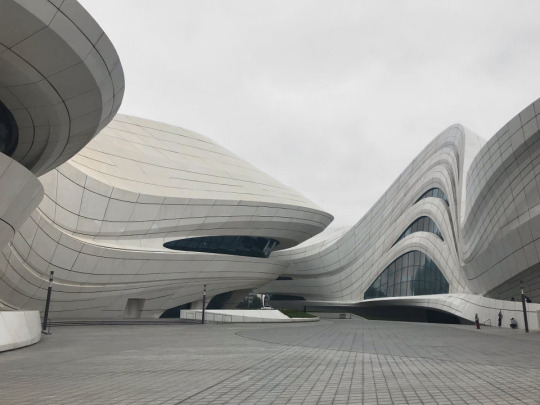
Zaha Hadid Architects
Changsha Meixihu International Culture and Art Centre, China, 2019
Image: Source
#zaha hadid#zaha hadid architects#architecture#parametric architecture#design#architectural design#parametric design#contemporary architecture#postmodern architecture#dezeen#archdaily#architizer
511 notes
·
View notes
Text


Zaha Hadid throughout her career pushed the boundaries of architecture: defying conventions Hadid pursued her very own idea of architecture as a flow of space. Although she operated in the context of the digital turn, her calligraphic drawings remained an analog basis of her work, just like her even more spectacular paintings: already during her student days at Architectural Association London she started painting as a means to explore the spatial potency of architecture. At the same time it offered the opportunity to work out spatial „grafting“ as introduced by her teachers Rem Koolhaas and Elia Zenghelis, a method that establishes both spatial and representational constructs that Hadid realized in the painting „Malevich’s Tektonik“ and the painting related to 59 Eaton Place.
Through the years her paintings went through different transformations but continued to remain an essential tool in the development of her architectural vision. In her recently published book „Zaha Hadid’s Paintings - Imagining Architecture“ scholar Desley Luscombe follows this development and provides in-depth analyses of key paintings and how they relate to Hadid’s architecture. Proceeding from the aforementioned early paintings Luscombe in six chapters e.g. covers „Grand Buildings“ from the mid 1980s and Hadid’s engagement with the urban character of London, the Berlin project for an office building on Kurfürstendamm and ultimately the MAXXI in Rome. In each of the chapters the author elaborates on the manifold aspects that informed the paintings, e.g. layered, relational architectural ideas, precedent images by, among others, Malevich and El Lissitzky, as well as the painterly implications directed at the viewer and his/her activation and interpretation. In so doing Luscombe achieves detailed analyses that pay as much attention to the autonomous artwork as they do to its architectural dimension, an approach that brings the reader closer to understanding the purpose of painting in Hadid’s oeuvre: in painting, just like the Suprematists, she used the pictorial space to investigate topics like the spatiality of urban experiences, the role of architecture in the city or the very nature of the architectural program. Accordingly, they go well beyond a concrete, realizable building and very much distill theoretical thoughts about architecture and urbanism into series of paintings.
With Luscombe’s book Zaha Hadid’s paintings finally receive a proper scientific analysis that convincingly explains their meaning and function within the architect’s complex oeuvre. An eye-opening read!
30 notes
·
View notes
